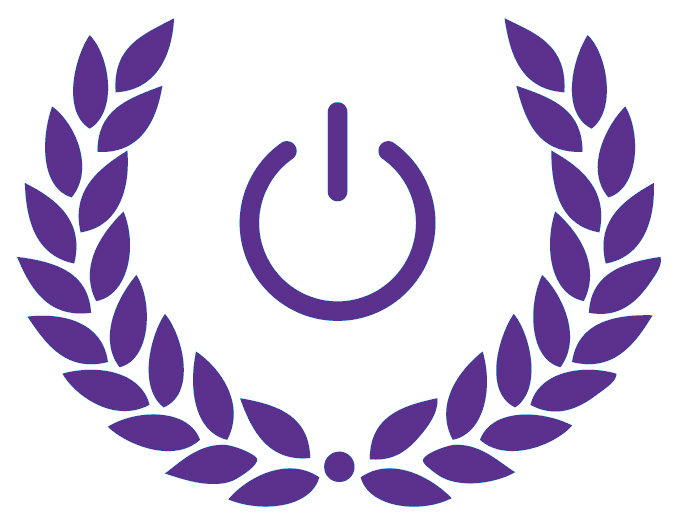We are pleased to announce that selections have been made for Microsoft’s 2021 Council for Digital Good. We look forward to engaging with this new group of teens from across the U.S., as we jointly explore ways to promote safer, healthier and more respectful online interactions.
Building off a similar 18-month pilot program that concluded in July 2018, we announced in January that we were accepting applications for our second U.S.-based Council for Digital Good. We invited teens, aged 13 to 16, to apply to help advance constructive and productive online behaviors to further champion our work in digital civility.
As with the inaugural program, this year’s application process included essays or video submissions about the applicants’ lives online, their perspectives of Microsoft, as well as their hopes and expectations for the council experience.
Responses to the essay questions, however, were quite different this year, not only in form, but in substance and tone, as well. In 2021, more young people opted for essay (as opposed to video) submissions, and they spoke of the skills they would bring to the conversations – problem-solving, big-picture thinking, creativity, collaboration, communications – as opposed to the specific online issues they’re looking to tackle. Several shared that they hope the council program will offer some much-needed perspective about the role technology should play in their own lives and in the lives of their peers, particularly after more than a year of lockdown due to the Covid-19 global pandemic.
“I hope to see that I am not the only one who has their life surrounded by the internet,” wrote one middle-school-aged teen, who hopes to learn how other council members are attempting to stay motivated about strictly online school and classes. “I hope to find others who are in the same box (as) me, and find out how they make sure that box doesn’t close in.”
Here are two additional application excerpts from two other selected council members:
“As a teen growing up in a time reliant on technology, I have seen first-hand how tech can affect people positively and negatively, and I hope to be able to convey issues (with) what I have seen because of the pandemic and use them to promote safe and healthy online and digital use. Microsoft cannot prevent hate and fake news from entering media platforms, but they can inform teens that what they are seeing every day online isn’t necessarily an accurate representation, and the (council) would help to communicate that to a group that they can relate to.”
– A 14-year-old from Washington state
“It is essential that youth, including myself, are taught how to be safe and show respect to others on the internet even if we are hidden by a screen. By serving on the Council for Digital Good I hope to be an ambassador for digital civility, fostering a safer and healthier online environment for all people, using the skills I have learnt from promoting equity and inclusion in my community. I’m also excited to learn and understand the perspectives of the other council members, working together to positively impact life online.”
– A 16-year-old from New York state
Selecting our 2021 council members was a competitive process and, in the end, we assembled a group with diverse life experiences that we hope will bring a wealth of views and perspectives to council discussions and activities. We selected 13 young men and women from eight states: Arizona, California, Delaware, Maryland, New York, Tennessee, Texas and Washington, plus the District of Columbia. We’re excited to begin engaging with this new cohort in preparation for a virtual summit in August. Council members should be on the look-out for an invitation to a kickoff videoconference call in the coming weeks.
To those who were not selected as council members, know that your voices are critical and they were heard. We hope you will consider applying again in the future, as we aim to grow the number of teens focused on advancing respect online and promoting our Digital Civility Challenge.
Our objective for this council is to help young people understand and fully appreciate safer online engagement and potential harms. Like all things, the internet is not without risk, but when embraced to its fullest – and with eyes wide open – it offers almost limitless possibilities to learn, play, grow and interact with others near and far. In turn, we hope to hear from council members about their digital struggles and triumphs over the last year in particular, what might make the online space healthier and more enjoyable, and how Microsoft can help to shape that future.
Many thanks to all those who submitted applications, and congratulations to our 2021 cohort! We look forward to the next year and a half, and what we hope will be an abundance of thought-provoking discussions, edifying projects and newfound friendships – as we all work to grow a kinder, more empathetic and respectful online world.
Follow council activities on Facebook and Twitter with #CouncilforDigitalGood. For more information about online safety generally, visit our website and resources page.

